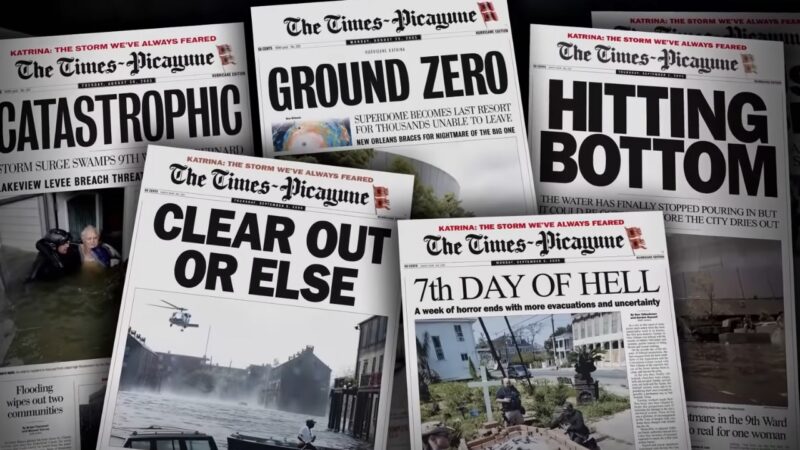Here we are, ranting about the fading heartbeat of local journalism while sipping our overpriced coffee, reading news on a screen that barely fits in our palms. “Is local journalism dead?” you ask. Well, it’s staggering, stumbling, maybe hanging on by a thread – but not dead, not just yet.
The real irony? In an age drowning in information, our towns and communities are turning into deserts – news deserts, to be exact.
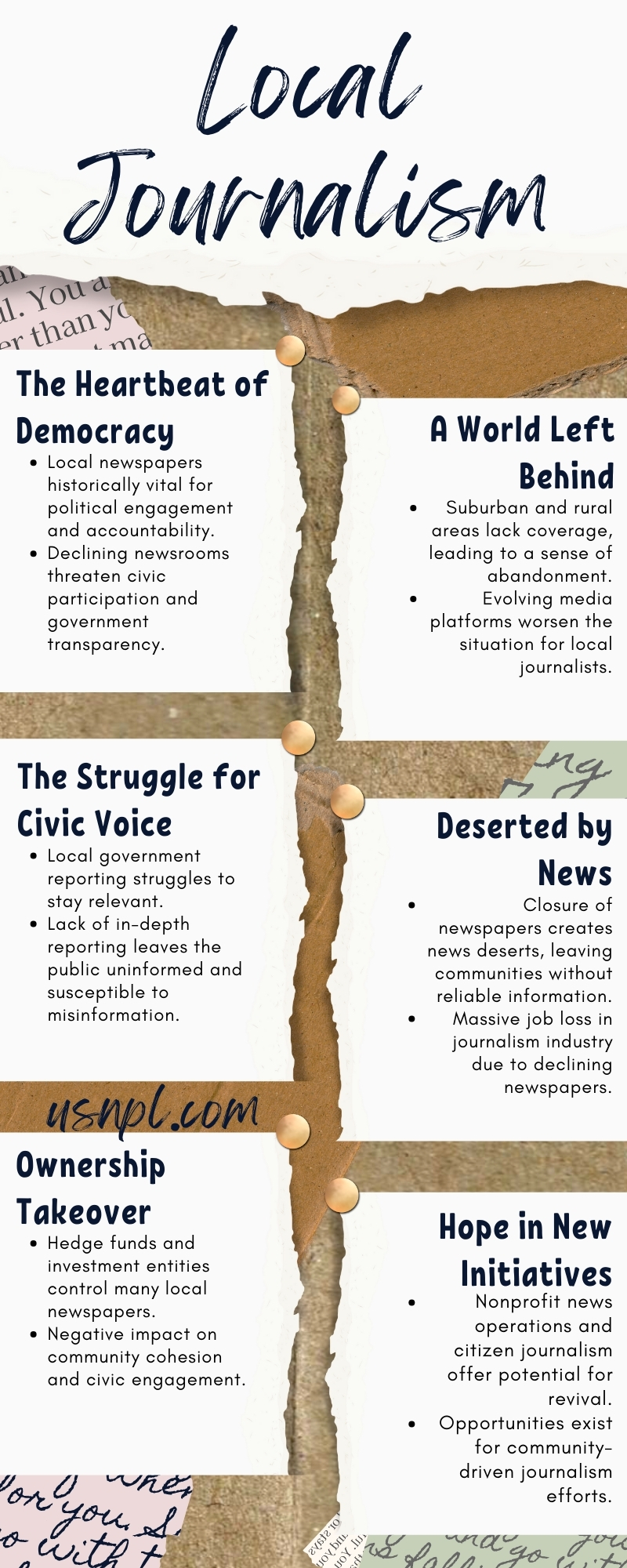
The Lifeblood of Democracy

Remember local newspapers? Those daily or weekly sheets that used to smudge your fingers with ink? Beyond the smudges, they did something remarkable – they increased voter turnout, knocked some sense into government corruption, and made cities financially healthier. Quite the trio, huh?
Now, as newsrooms face a decline, so does political engagement. Fewer folks are running for mayor, and unopposed races are becoming the norm rather than the exception. It’s like watching democracy on mute.
A World Ignored
Suburban and rural areas, once the soul of local journalism, now feel like they’re shouting into a void. Staff cuts mean less coverage and less coverage means these communities are essentially ghosted. Not the romantic kind of ghosting, but the “we no longer exist in the eyes of the media” kind.
With major changes in social and traditional media expected in 2024, the challenges for local journalists are becoming even more daunting, as they navigate evolving platforms and audience behaviors amidst wider shifts in media consumption.
And with national media’s rep taking a hit, local journalists are caught in the crossfire, struggling to prove they’re not all cut from the same cloth. Of course, it’s not all that bad, and there are still threads you can hang on to, but it is safe to say that journalism, especially the local kind, is running into problems it resolves harder and harder every time.
Jack of All Trades, Master of None
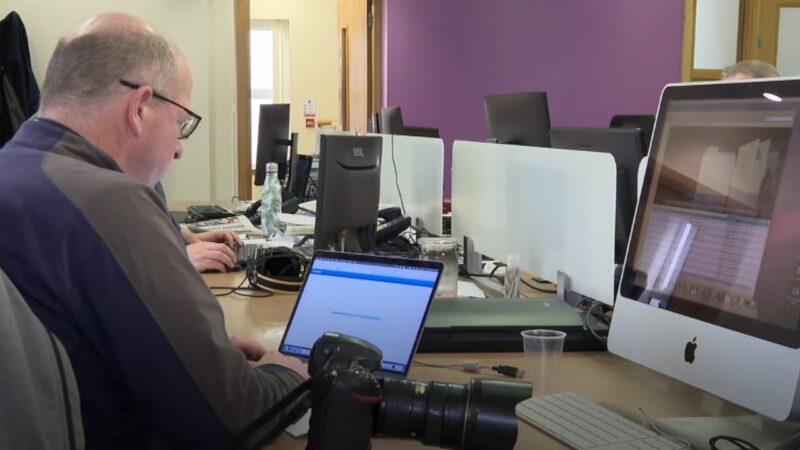
Gone are the days when reporters could sink their teeth into a beat and become the go-to expert. Now, they’re stretched thin, covering everything from school boards to pumpkin festivals in the same breath. The result? A superficial glance at the world, missing the depth and nuance that once made local journalism a cornerstone of community knowledge.
The Civic Agenda on Life Support
Despite the doom and gloom, let’s not forget that local government and accountability reporting are still kicking, trying to keep the civic conversation alive. But let’s be real – with a more reactive than proactive approach, newspapers are playing catch-up rather than leading the charge.
And in the fast-paced digital world, in-depth reporting is a luxury many can’t afford, leaving the public less informed and more vulnerable to misinformation. It seems ironic sometimes–the fact that technology enables us to do so much, yet we cannot take full advantage of it and take journalism to new heights.
The Descent into News Deserts
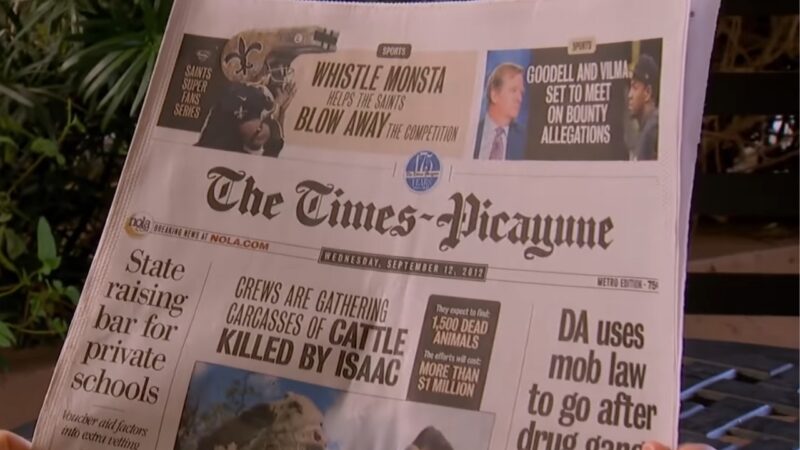
The numbers paint a bleak picture: over 2,500 newspapers have vanished since 2005, leaving around 70 million Americans in news deserts. That’s a lot of people left in the dark and a lot of people left without work.
And with nearly 60% of newsroom jobs disappearing, the impact is felt everywhere, from small towns to big cities. The shift online and the drying up of advertising revenue are the culprits, turning newspapers into endangered species. That much is very clear, at least, to me.
The Takeover
In a twist that reads like a dystopian novel, half of America’s daily newspapers are now in the clutches of hedge funds and investment entities. It’s capitalism meets journalism, and it’s as unsettling as it sounds.
Communities without local news see the fabric of society unravel, with voter engagement and social cohesion taking a hit. And then there’s the rise of “ghost newspapers” – shells of their former selves, barely able to muster the strength to cover the news.
The Great Local News Shift
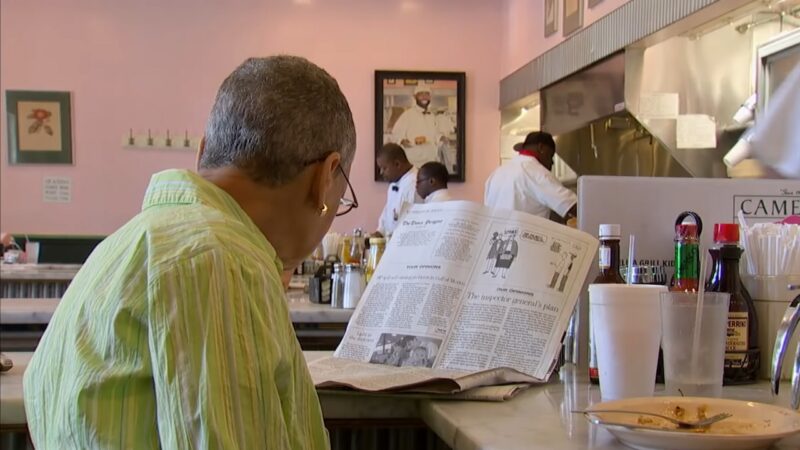
Back in the day, local newspapers were like the nosy neighbors you could count on to spill the beans on every town hall meeting, no matter how dry or tedious. Sure, half the time, they were reporting on which council member fell asleep during the budget review, but amidst the snoozefest, they occasionally dropped bombshells about policy shake-ups simmering in the corridors of local power.
These papers weren’t just news dispensers; they were the town’s alarm system, cluing in folks too swamped with life to play audience to the endless municipal opera. If something big was brewing, you’d hear about it while there was still time to storm the castle gates, metaphorically speaking.
Fast forward to now, and the landscape’s changed. Thanks to a cocktail of staffing cuts and an obsession with digital thumbs-ups, local government coverage has morphed. Nowadays, it’s all about the drama already unfolding, the policies hitting the streets, leaving citizens to react rather than act.
This might sound like a minor tweak in reporting style, but trust me, it’s a seismic shift. The press, once the bridge between the governors and the governed, now more often just reports the aftermath, the rubble left in the wake of decisions made out of sight.
It’s a shift that’s not just concerning but downright risky, echoing through the conversations with journalists who miss the old days. The media’s role in sculpting the civic dialogue, in shaping how we interact with our elected babysitters, has taken a backseat to chasing the tail of immediate impacts.
A Glimmer of Hope?
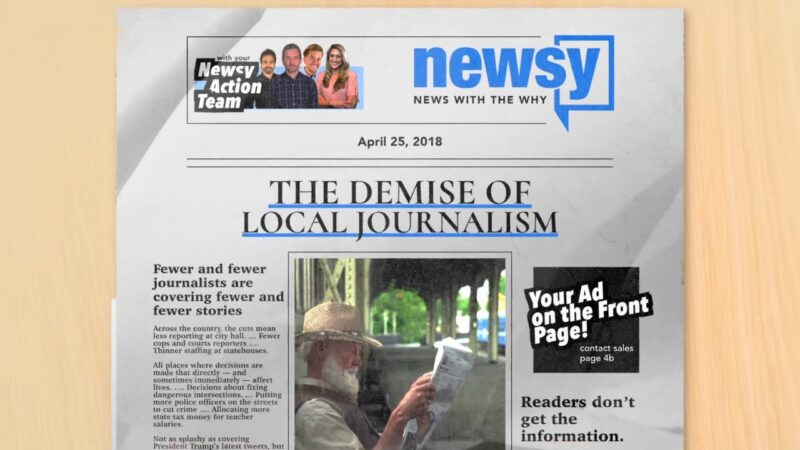
Amid the ruins, there’s a flicker of hope. Nonprofit news operations and initiatives like are popping up, trying to breathe life into the corpse of local journalism. And let’s not forget the pink slime – no, not the fast-food kind, but those outlets masquerading as news sources, peddling propaganda under the guise of journalism.
So, Is Local Journalism Dead?
Not quite, but it’s on life support. The irony? In our quest for connectivity, we’ve disconnected from the very essence of community news. The solution isn’t simple, but it starts with recognizing the value of local journalism, supporting initiatives that aim to revive it, and, perhaps most importantly, demanding better from those who have turned news into a commodity.
Citizen journalism matters because it amplifies local voices in a global conversation, offering diverse perspectives and filling gaps left by traditional media.
So next time you swipe through your news feed, spare a thought for the local newspaper struggling to survive. It might just be the lifeline your community needs.
Related Posts:
- What Exactly is Multimedia Storytelling? My POV
- How Social Media Shapes Our Reality? They Have…
- Why Citizen Journalism Matters - Local Voices in a…
- How Much Do Local News Anchors Make - State-by-State…
- New York's Bold Move: $90 Million Tax Credit Boost…
- Why Is Data Journalism Important? - How It Gives Credibility

